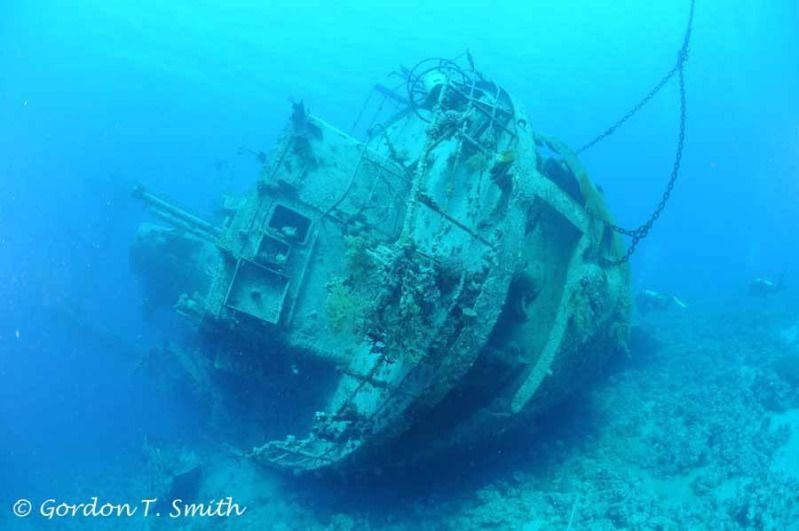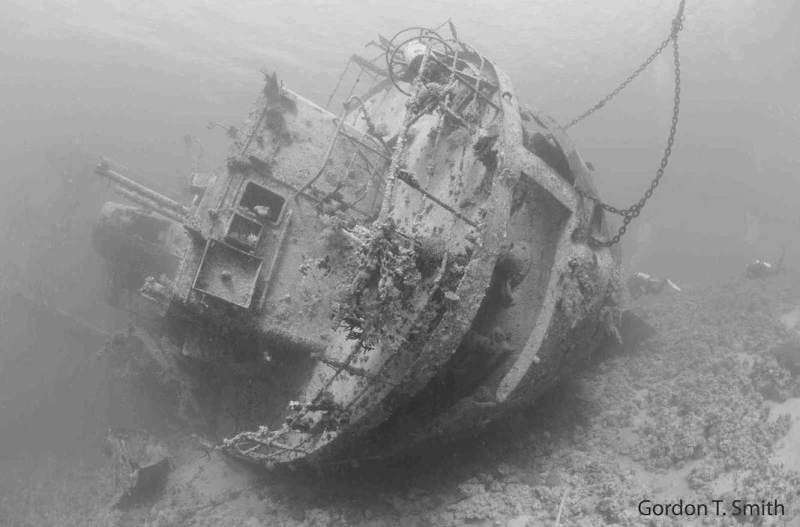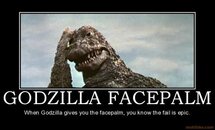I've never really bought that "a picture should be what you saw" . Maybe if you're a documentary photojournalist [...]
I disagree. I totally believe that the picture I take should be what I saw. Problem is, my camera seldom sees what I see. I don't see a white balance totally "off". So I adjust WB. I don't see the backscatter that my flash produces. So I clone out backscatter. I don't see those annoying details that show up in the periphery of my shot. So I vignette out those. I don't see fuzziness, poor contrast and lack of clarity due to the water not being crystal clear. So I ramp up sharpening, boost contrast and saturation, adjust white and black point and increase clarity. And I definitely don't see the digital noise that my camera's sensor produces. So I apply some noise reduction. After all this "cheating", I end up with an image that more or less - hopefully more - resembles what
I saw when I pressed the shutter button.
Thus the need for post-processing. It ain't cheating, it's making what the camera saw into what you saw when you pressed the shutter button. Now, if we're talking about cloning and composites, we're definitely moving away from "what you saw", but not necessarily so. If I see a great background in one direction and the main subject in a slightly different direction, my brain is capable to combine those in my mind. By taking two exposures and making a composite, I produce an image that is more in line with what I "saw" in my mind. But if I combine elements from different exposures, I prefer to make a note of that, so whoever sees the picture knows that this is more than one exposure, combined into one picture.
This is an example where I - according to
my standards - have PP'ed the crap out of my shot. I adjusted WB, applied two graduated filters to even out the flash and avoid a burnt-out foreground, cropped, cloned out a truckload of backscatter reflections (yes, I want an external flash for Christmas. Please, Santa?), applied sharpening, adjusted exposure, white point, black point, clarity and applied some dodging on the brightest of the anemones. After all this, I vignetted the shot to focus the viewer's attention on the main subject rather than on all the irrelevant crap in the corners and edges. And finally, after all this "cheating", the picture started to resemble what I saw when I lifted my camera to my mask and pressed the shutter button...









